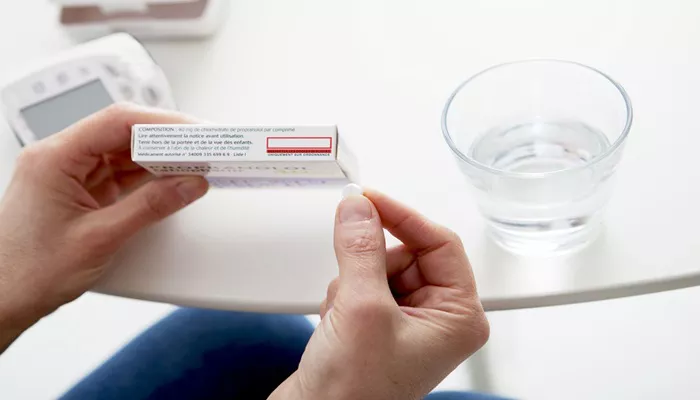High blood pressure, or hypertension, is a prevalent condition that affects millions of individuals worldwide. Managing hypertension often involves a combination of lifestyle modifications and prescription medications. One important aspect of effective blood pressure management is the timing of when patients take their medications. In this article, we will explore the latest research and recommendations regarding the optimal time of day to take blood pressure medications.
Understanding Circadian Rhythms and Blood Pressure
Our bodies follow a natural 24-hour cycle known as the circadian rhythm, which influences various physiological processes, including blood pressure. In healthy individuals, blood pressure typically follows a predictable pattern, rising in the morning and gradually decreasing throughout the day, reaching its lowest point during sleep. However, some individuals with hypertension may experience different patterns, such as:
Non-dipping: Less than a 10% drop in blood pressure during sleep
Reverse dipping: Higher blood pressure during sleep compared to wakefulness
Studies have shown that individuals with non-dipping or reverse dipping patterns have an increased risk of cardiovascular events, such as heart attacks and strokes, compared to those with normal dipping patterns. Understanding these circadian rhythms and blood pressure patterns is crucial in determining the optimal time to take blood pressure medications.
see also: Why Would Blood Pressure Drop When Standing
The Benefits of Bedtime Dosing
Recent research has suggested that taking blood pressure medications at bedtime may provide additional benefits compared to morning dosing. A large randomized controlled trial, known as the Hygia Chronotherapy Trial, followed over 19,000 participants for an average of 6 years. The study found that individuals who took their blood pressure medications at bedtime had a significantly lower risk of cardiovascular events, including:
44% reduction in heart attack risk
40% lower risk of coronary revascularization
42% reduction in heart failure risk
49% lower risk of stroke
The proposed mechanism behind these benefits is that bedtime dosing helps to better control nocturnal blood pressure, which is an important predictor of cardiovascular risk. By taking medications at night, patients can ensure that their blood pressure remains well-controlled throughout the entire 24-hour period, including during sleep.
Considerations for Bedtime Dosing
While the evidence for bedtime dosing is compelling, it is essential to consider individual patient factors and preferences when determining the optimal time to take blood pressure medications. Here are some key considerations:
Medication Type
Some medications, such as diuretics (water pills), may be more effective when taken in the morning, as they can cause increased urination that may disrupt sleep if taken at night. It is important to consult with a healthcare provider to determine the most appropriate timing for each medication.
Adherence and Convenience
For some patients, taking medications in the morning may be more convenient and easier to remember, which can improve adherence. If a patient is more likely to consistently take their medications at a specific time, that may be the best option, even if it is not the optimal time from a chronobiological perspective.
Shift Work and Sleep Patterns
Individuals who work night shifts or have irregular sleep patterns may need to adjust the timing of their medications to ensure that they are taken consistently at bedtime. In these cases, healthcare providers may need to provide more personalized recommendations.
Practical Recommendations
Based on the available evidence and considerations, here are some practical recommendations for patients taking blood pressure medications:
Consult with a healthcare provider: Before making any changes to the timing of your blood pressure medications, it is essential to discuss it with your healthcare provider, who can assess your individual needs and make appropriate recommendations.
Consider bedtime dosing: If you are taking a single blood pressure medication and have a consistent sleep schedule, consider taking it at bedtime, as this may provide additional cardiovascular benefits.
Monitor your blood pressure: Regularly monitor your blood pressure at home, both in the morning and evening, to assess the effectiveness of your medication regimen and identify any potential issues.
Be consistent: Regardless of whether you take your medications in the morning or at night, it is crucial to be consistent with the timing to ensure optimal effectiveness and minimize side effects.
Communicate with your healthcare provider: If you experience any side effects or have concerns about the timing of your medications, communicate with your healthcare provider promptly to make necessary adjustments.
Conclusion
The timing of blood pressure medication administration is an important factor in managing hypertension effectively. While morning dosing has been the traditional recommendation, recent evidence suggests that bedtime dosing may provide additional cardiovascular benefits, particularly for individuals with non-dipping or reverse dipping blood pressure patterns.
However, it is essential to consider individual patient factors, medication types, and preferences when determining the optimal timing for each patient.

